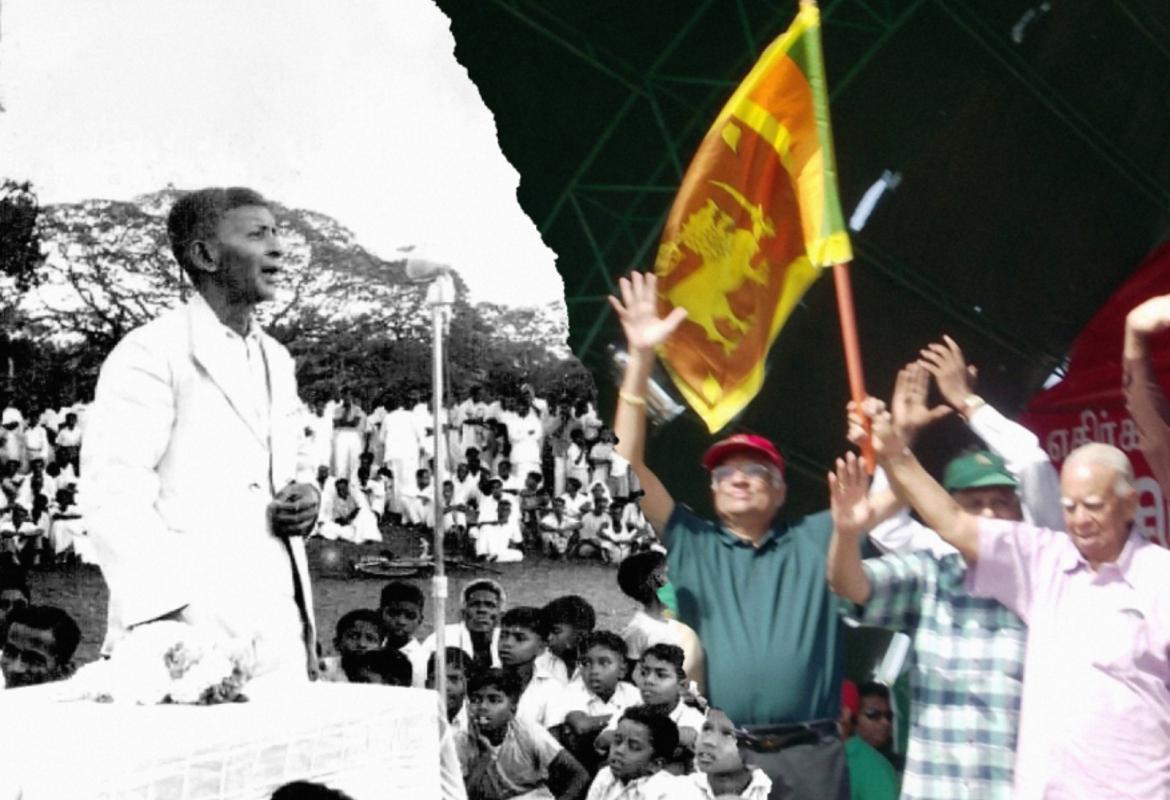Four years on, genocide continues off the battlefield
In May 2009 as the armed conflict between the Liberation Tigers of Tamil Eelam (LTTE) and the government of Sri Lanka came to a harrowing end, Sri Lanka's genocidal offensive against the Tamil population of the North-East reached a peak. Four years on, as the Tamil nation - scattered worldwide through decades of oppression and armed conflict - remembers the massacre that took place, the prospect of a stable and secure future remains bleak. Sri Lanka has long proven itself both incapable and unwilling to deliver accountability and justice to the Tamil people, yet the international community too has failed to instigate a credible process towards it. But most of all, the systematic destruction of the Tamil identity continues, unchecked.
It is increasingly evident that the mantra of granting Sri Lanka time, space, economic support and international engagement is not leading to a process of accountability, reconciliation or peace for the Tamils. Torture, disappearance, rape and murder prevail; the economic and political fabric of Tamil society is repressed. What the Sri Lankan government celebrated as the defeat of one of the world's largest ‘terrorist' organisations has not brought security to the Tamil nation.

